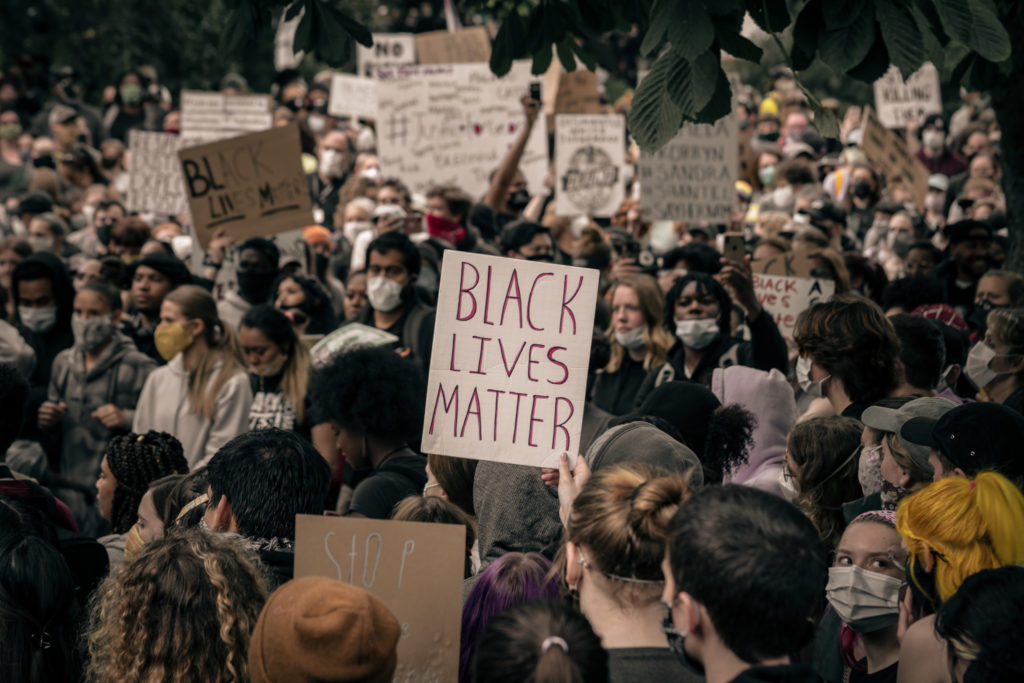By Janeen Provazek
Shared during our February General Meeting that observed Black History Month.
This month is Black History Month, a time to honor Blacks’ many contributions to our world and remind us of their history, from kidnapped slaves to important participants in our society. A Black man, Cater G. Woodson, an alumnus from the University of Chicago, planted the seed of Black History Celebration when he and some of his friends, in 1915, attended the 50th anniversary of the emancipation of slaves in our country. This event was sponsored by the State of Illinois. Mr. Woodson’s exhibit at this event was about Black history, which was received with great interest and excitement. Subsequently, in 1926, Mr. Woodson established what he called a Negro History Week in the month of February. The civil right’s movement in the 60’s elevated this event into our current Black History Month.
Unfortunately, Blacks continue to have to fight for justice and equality in our country. The real history of their lived experiences has only recently been taught in some of our schools, and there has already been some backlash to that. There is no White History Month because our society has viewed Whites as The Gold Standard. Whites have automatically been recognized as being important and entitled and worthy of protection and having the “true” world view.
With the new movement of Black Lives Matter, which is essential to pave the way for building a true Antiracist society, there has also been a rise of White supremacy groups and White supremacy terrorism. The struggle continues.

Where does 350 Tacoma fit into all of this? Besides our commitment to support our Black and Brown brothers and sisters, we must remember there is no climate justice without social justice. They go hand in hand. It isn’t an accident that industrial complexes, recycling plants, refineries with all their piping, are located next to and run through poorer neighborhoods. The residents of these neighborhoods, who are often predominately Black and Brown, are subjected to significant air, land and water pollutants, impacting their health in a number of ways.
I end with a quote by MLK: “our lives begin to end the day we become silent about things that are important.”

